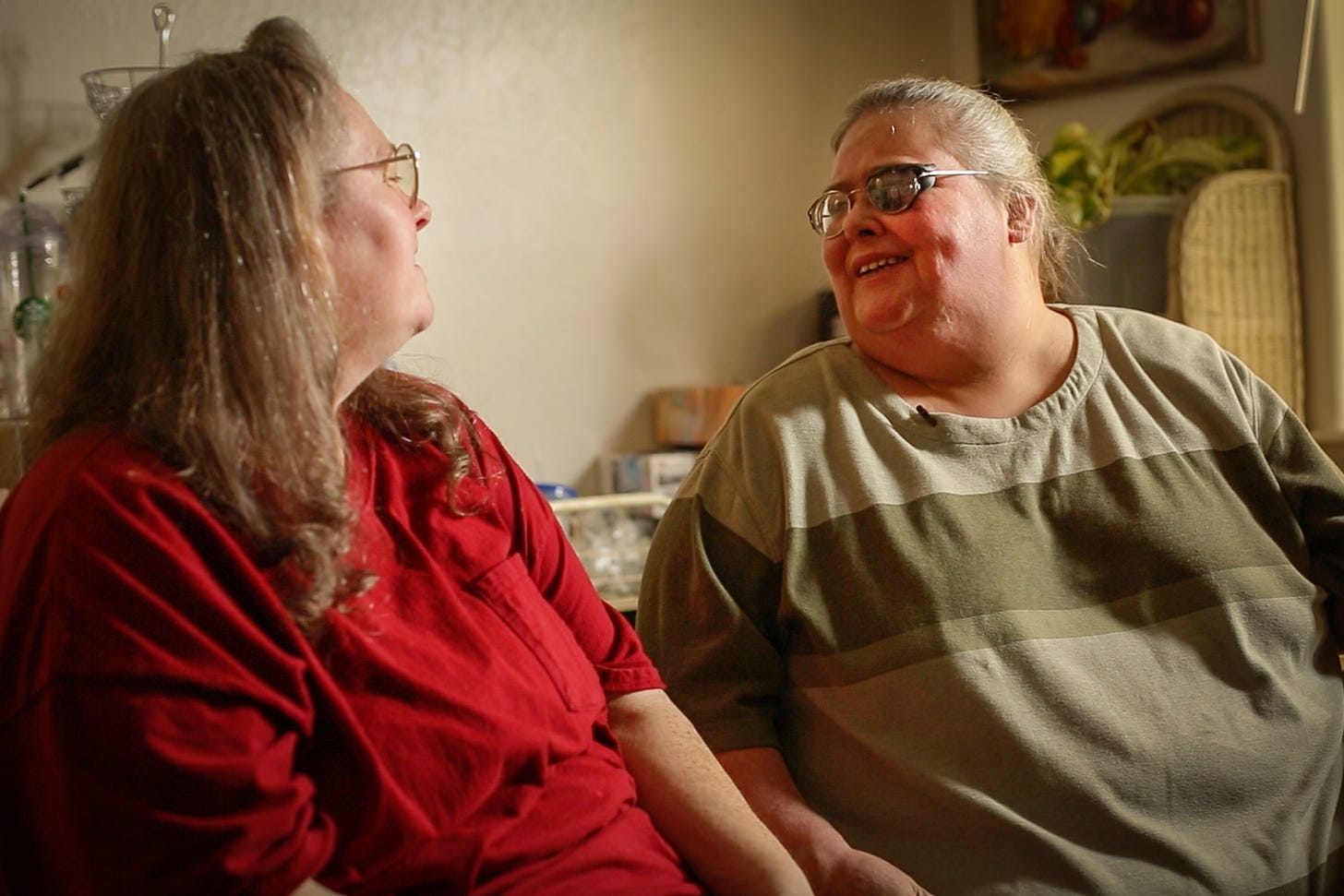Oregon Needs a Major Investment in Care (Melissa Unger, SEIU Local 503)
Not everyone sees it, but our economy is built upon an entire industry of women who care for our loved ones.
Not everyone sees it, but our economy is built upon an entire industry of women who care for our parents, our children, our grandparents, and so on. These women, often women of color, have been largely invisible in our culture but that all changed 16 months ago. Families realized that care providers are a lifeline during the pandemic.
When I think about care, I think about women who get up every day to go to work and care for another person. Women like Ivonne Rivero, a homecare worker in Portland. Ivonne cares for her mother, who several years ago began to need additional support to get by. She helps her mother with daily activities, and provides other members of the family with the ability to work outside the home, knowing that their mom is safe. Ivonne feels a deep sense of joy through caring for her elder but the economic impact on her family is equally important.
When I think about the millions of families who don’t have an Ivonne in their life, I get worried. Infrastructure is the stuff, structures, and social institutions we need to go about our lives successfully. Which is exactly why care is infrastructure. Care is critical to allowing families to work, to feel safe, to be a part of their community.
Care infrastructure refers to a spectrum of long-term care services, including everything from child care to senior care, and support for people with disabilities. It’s a big part of our lives. It’s time to take it seriously and invest in it.
Long-term care work is often unpaid. If individuals in this industry are compensated, poverty wages are the norm. According to a recent study, Oregonians do the equivalent of 167,000 full-time jobs in unpaid caregiving. Another 70,000 people—roughly the population of Medford—do paid caregiving jobs in people’s homes or facilities like nursing homes.
Care is largely absent from conversations in state capitals, boardrooms and Congress where—let’s be honest here—mostly men meet to talk about how to build a better future for our families. As people plan for the workforce of the future, one out of five new jobs will be a homecare worker or personal aide, but you don’t hear folks talking about the crisis of under-paid and under-supplied caregivers. That is unfortunate because we are missing an opportunity to invest and build a system that millions of people need.
We have an opportunity to fix that right now. As part of the American Jobs Plan, President Biden is proposing a massive investment in the long-term care workforce. His proposal would create more than a million good-paying jobs. It would improve the quality of two million existing home care jobs and lift those workers out of poverty. It would also enable women who have been forced to leave the workforce to care for aging parents or family members with disabilities to re-enter the job market, if they choose to.
By investing in this workforce, the American Jobs Plan will provide care to people who would otherwise need to wait as many as five years to get the services they badly need. These changes will prepare us for the future by creating good-paying jobs that cannot be outsourced or automated, and they will make our economy more equitable by lifting up a workforce dominated by women of color and immigrants.
Too many people have ignored the impact of care on our lives. We all have people in our lives who need support, those who provide that support should be appropriately compensated for their hard work. We’ve made massive infrastructure investments in male-dominated industries like construction and energy. A similar commitment to the women who care for us is long past due. Please join me and President Biden in supporting our caregivers.
Melissa Unger is the Executive Director of SEIU Local 503.
Photo via SEIU Local 503.



